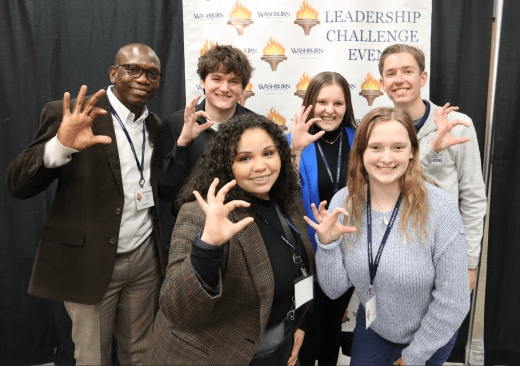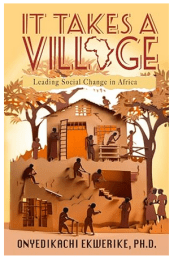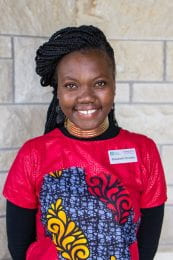Chance Lee, Ph.D., CNP, oversees the nonprofit leadership certificate programs at the Staley School of Leadership at Kansas State University. One course he teaches, LEAD 195: Leadership and Service, is part of a three-course series for first-year students called a CAT (Connecting Across Topics) Community. CAT Communities are discipline-specific and across the three courses required for each one, first-year students have opportunities to work closely with instructors, mentors, and build their personal network – all a great start to their first year in college.
Lee wrote the following reflection about the work in his fall 2023 Leadership and Service CAT Community.
Mahatma Gandhi said, “The best way to find yourself is to lose yourself in the service of others.” Over the course of the fall 2023 semester, first-semester students in the Leadership and Service CAT Community found themselves through experiencing a wide variety of service opportunities. Through these service learning efforts, our goal was to make an impact on the local community, but also learn and understand the systems around us so we can be better, more informed, citizens.
Students in the course experienced service learning through highly-organized projects, led by local nonprofit organizations as well as random acts of service that required no pre-planning or support from local organizations. Continue reading “First-year students serve community, expand learning”


 In the book’s introduction, Ekwerike recounts his own story. Through leading a mental health organization in Nigeria, as well as being part of leadership development programs like the Mandela Washington Fellowship, he realized that there was a need for more in order to do more, which led him to a doctoral program and ultimately to writing this book. He went through the learning process and then wrote this book to teach young people how to learn social change effectively. This book is a product of qualitative research work for his Ph.D. dissertation.
In the book’s introduction, Ekwerike recounts his own story. Through leading a mental health organization in Nigeria, as well as being part of leadership development programs like the Mandela Washington Fellowship, he realized that there was a need for more in order to do more, which led him to a doctoral program and ultimately to writing this book. He went through the learning process and then wrote this book to teach young people how to learn social change effectively. This book is a product of qualitative research work for his Ph.D. dissertation. 